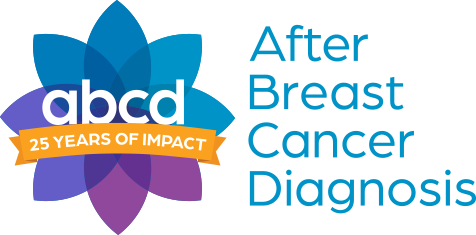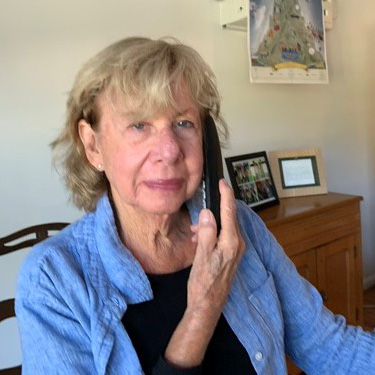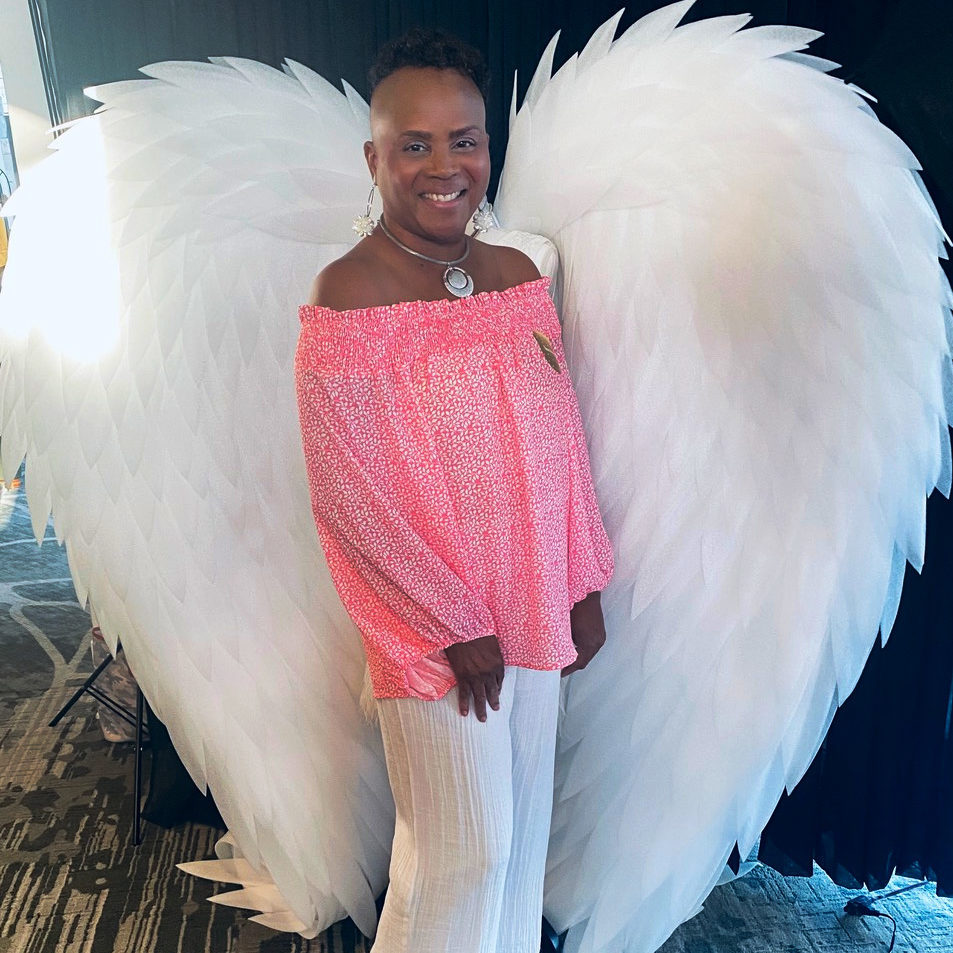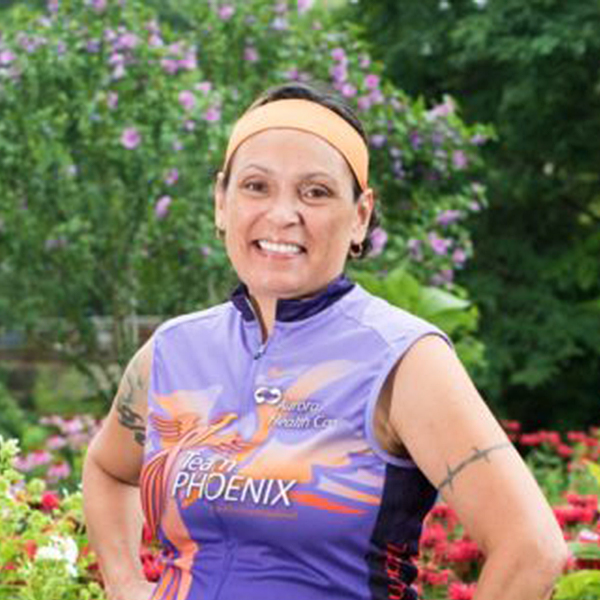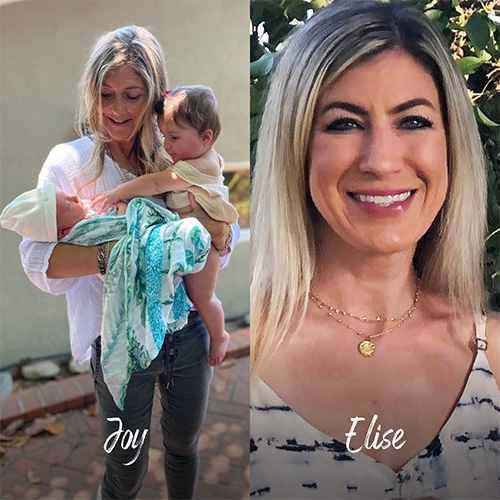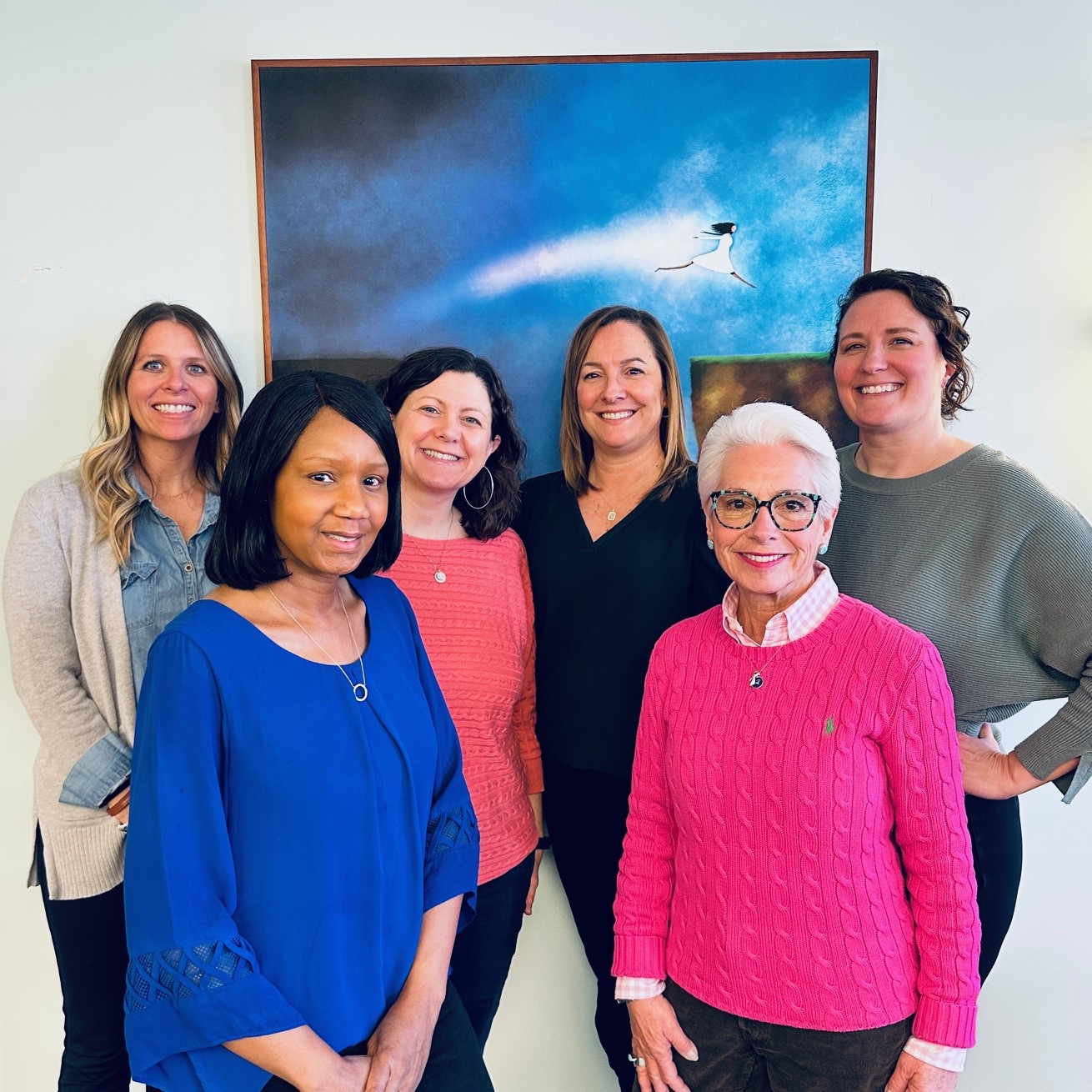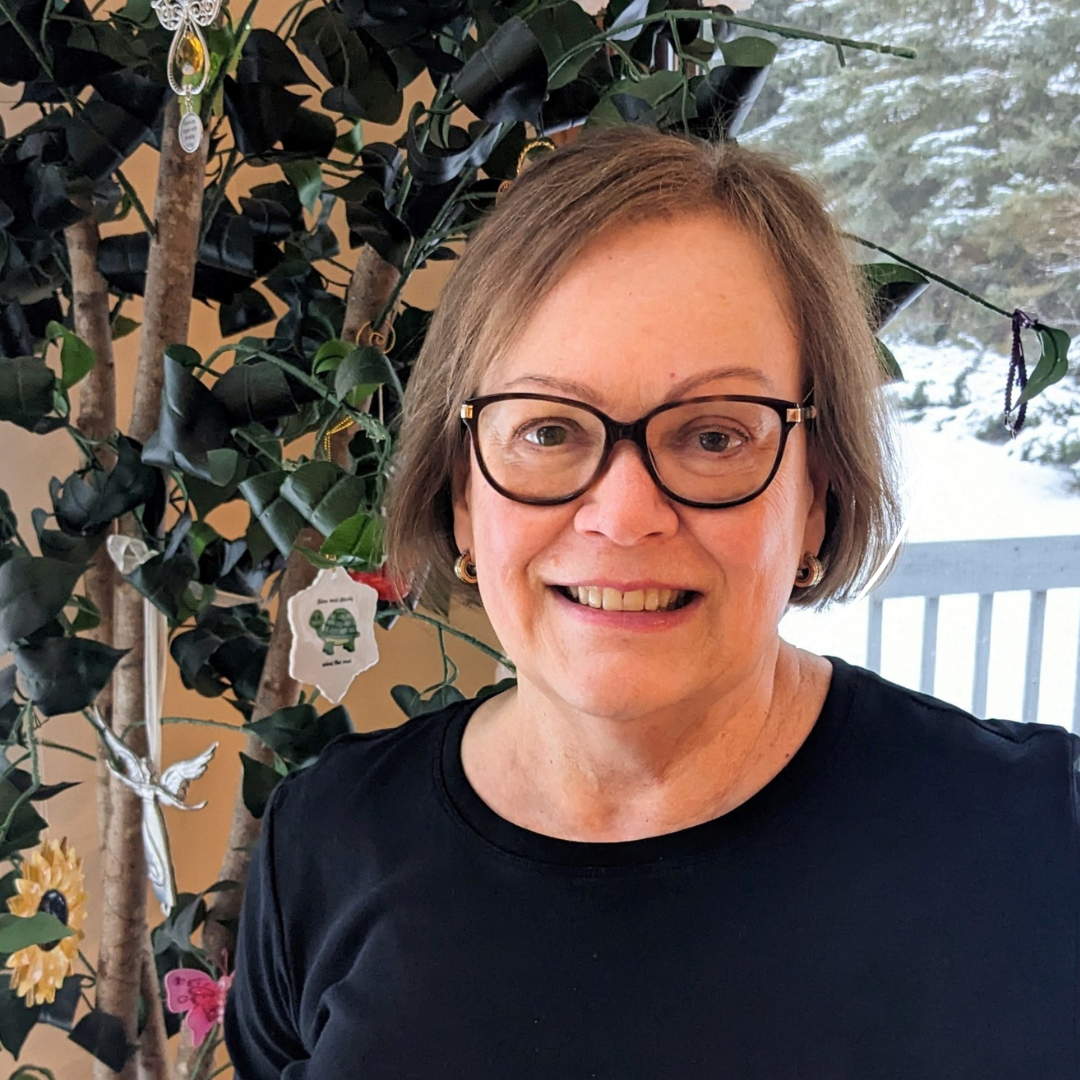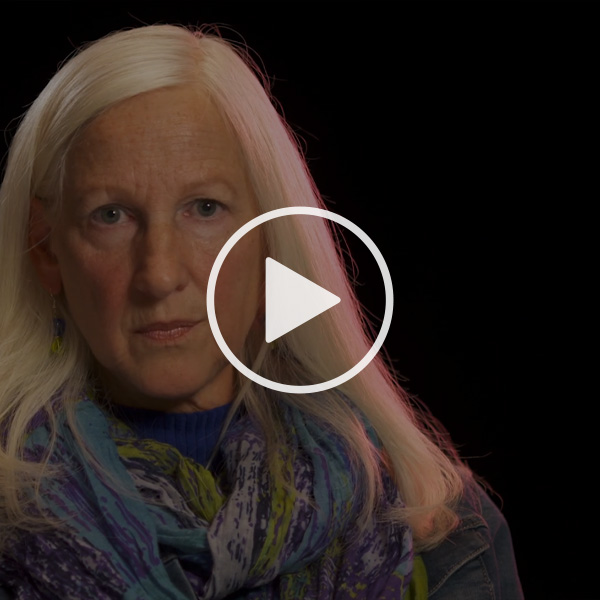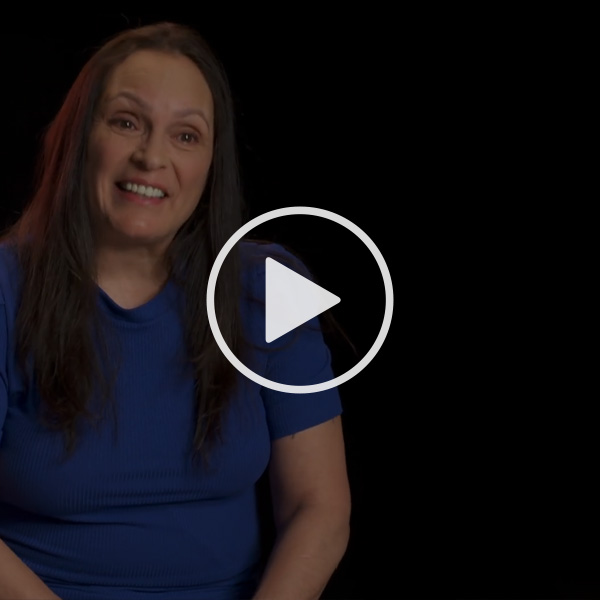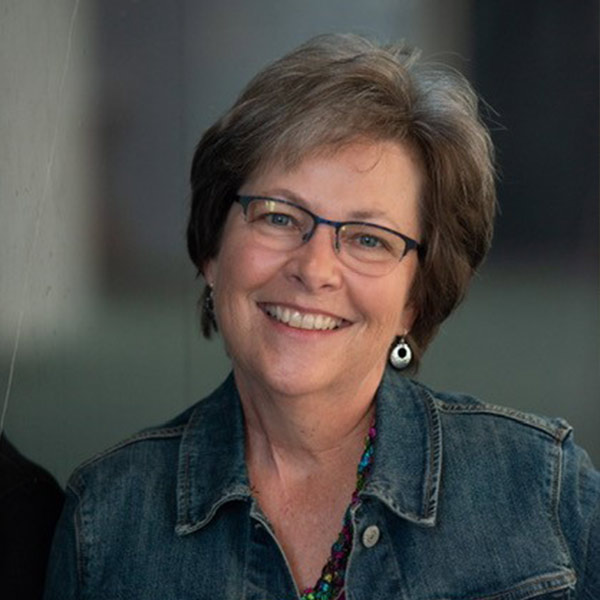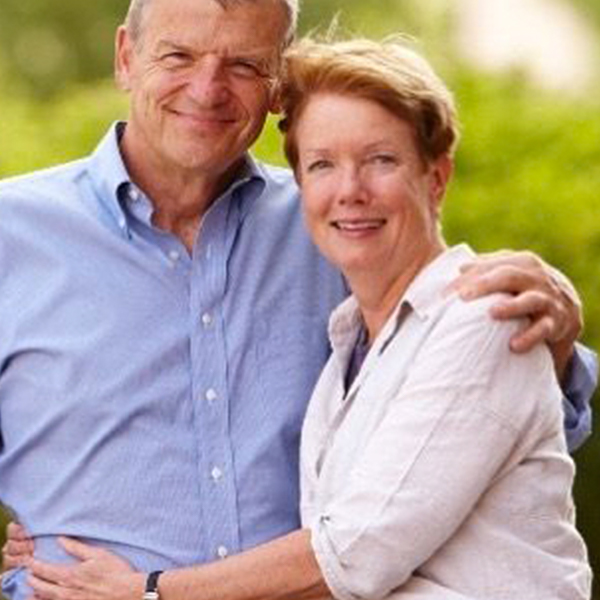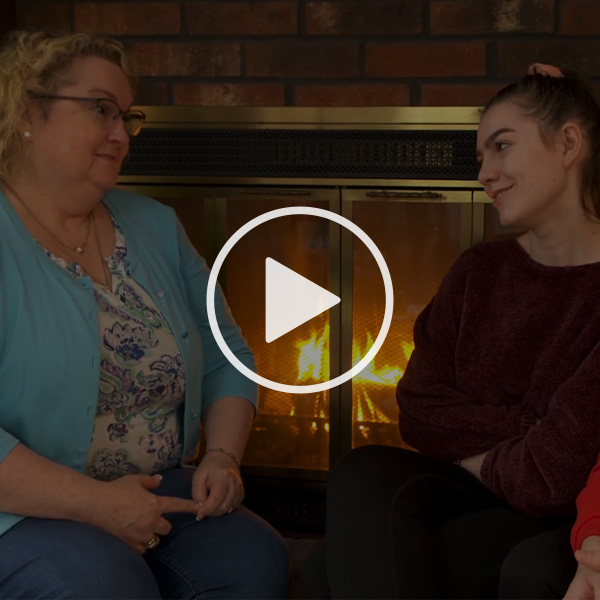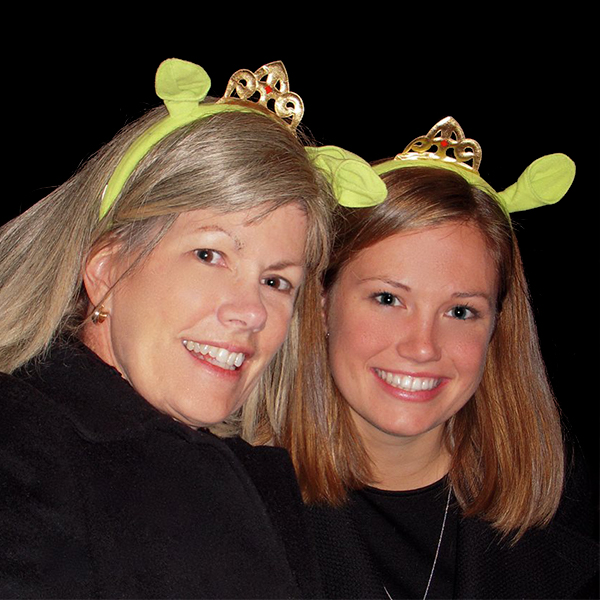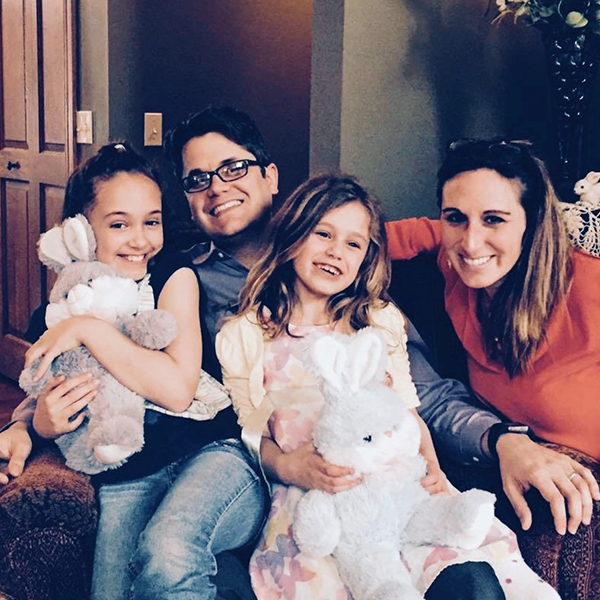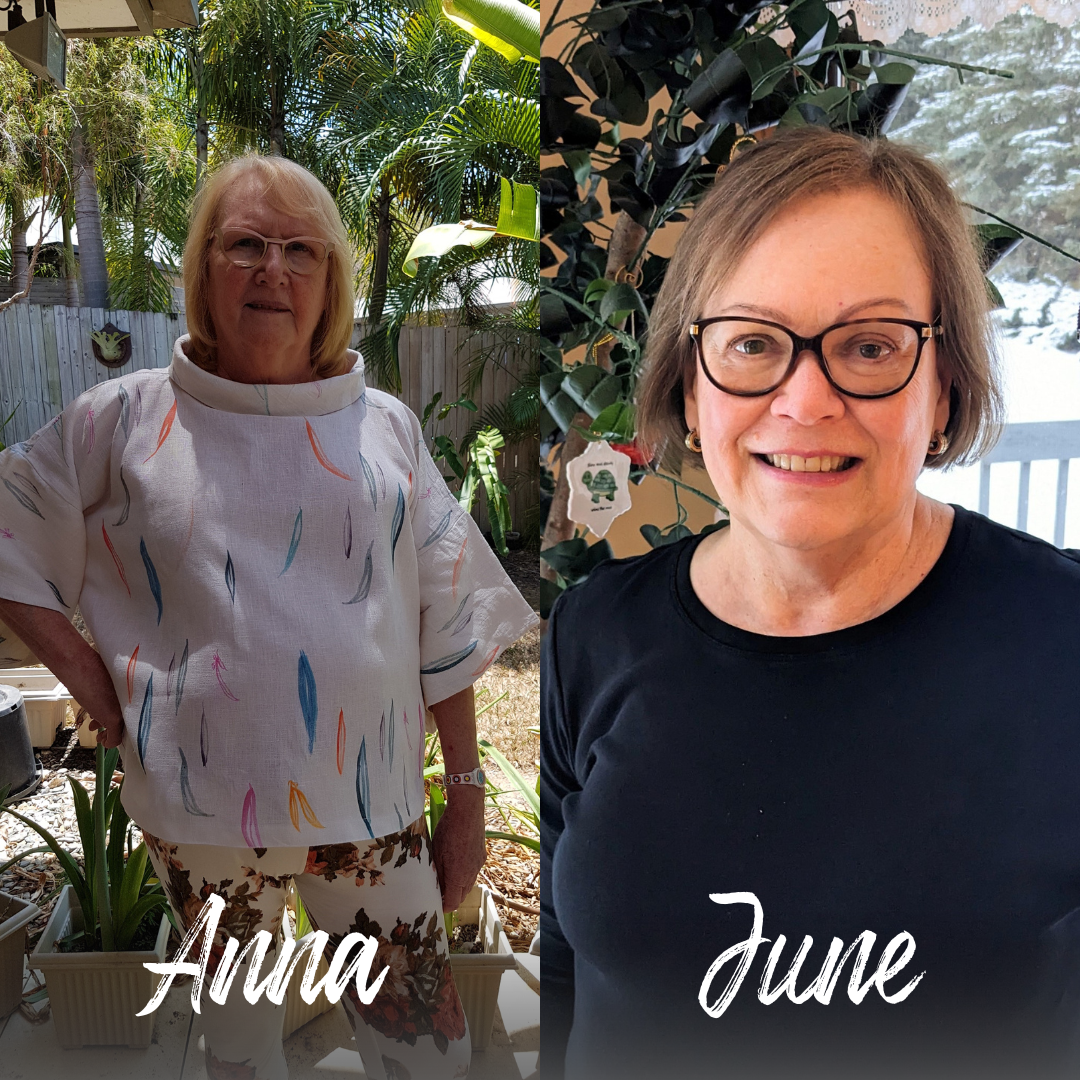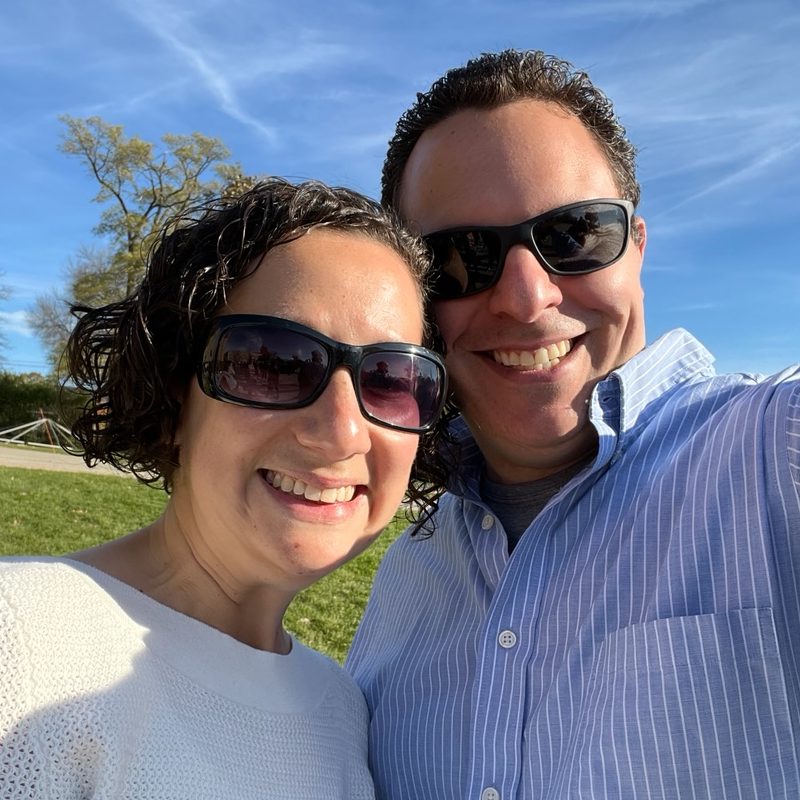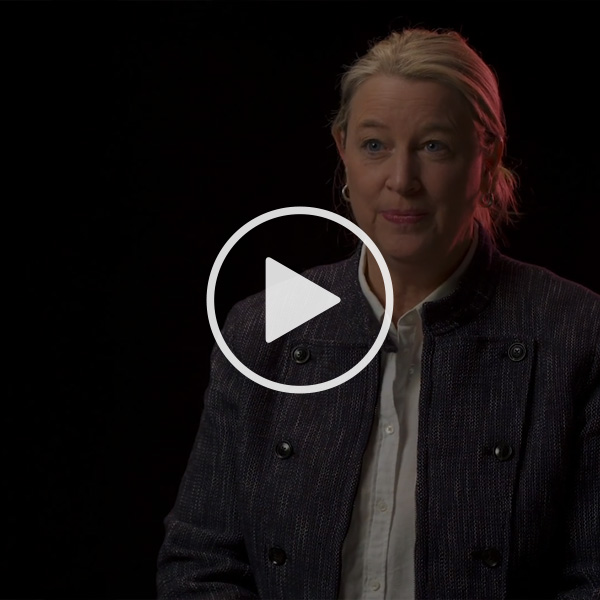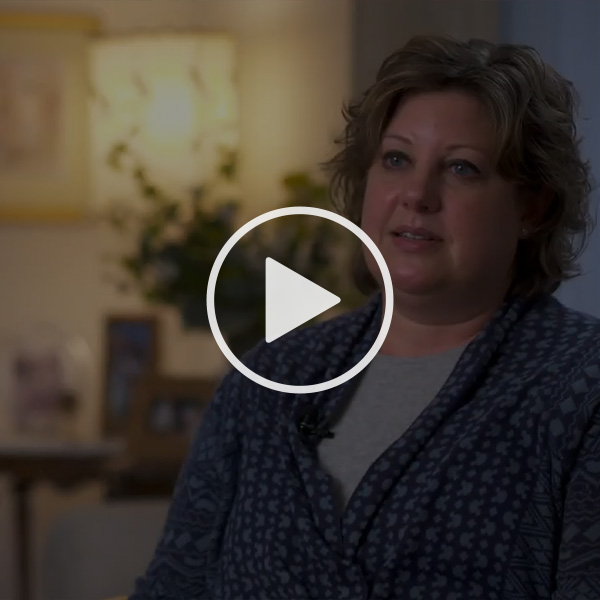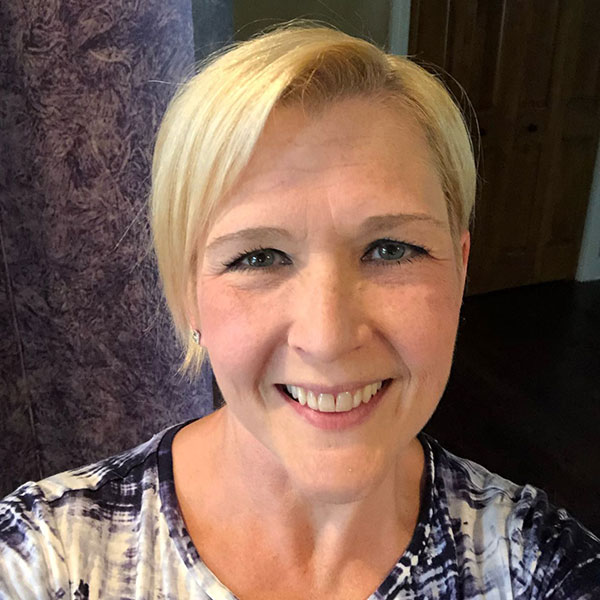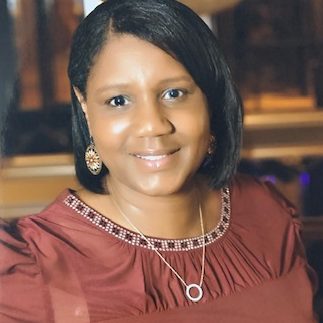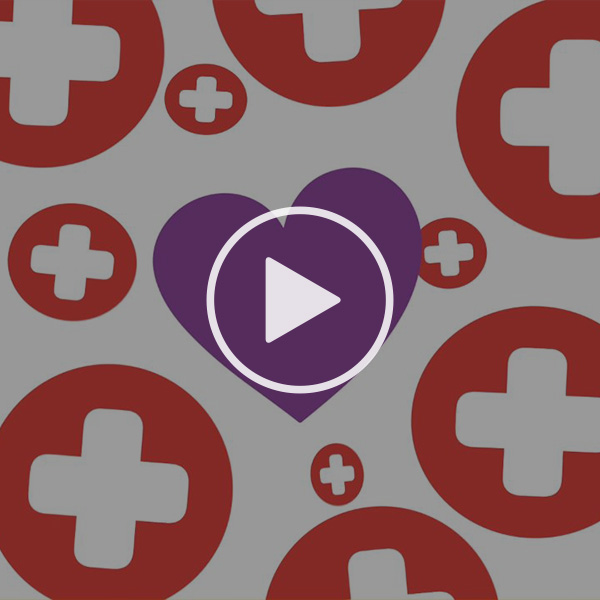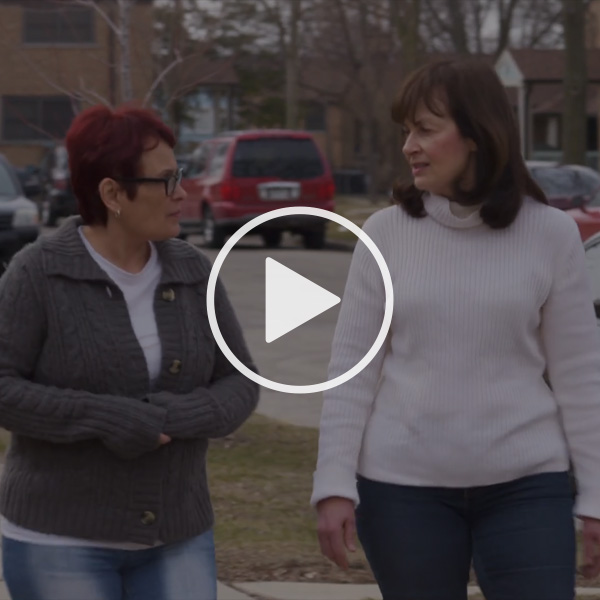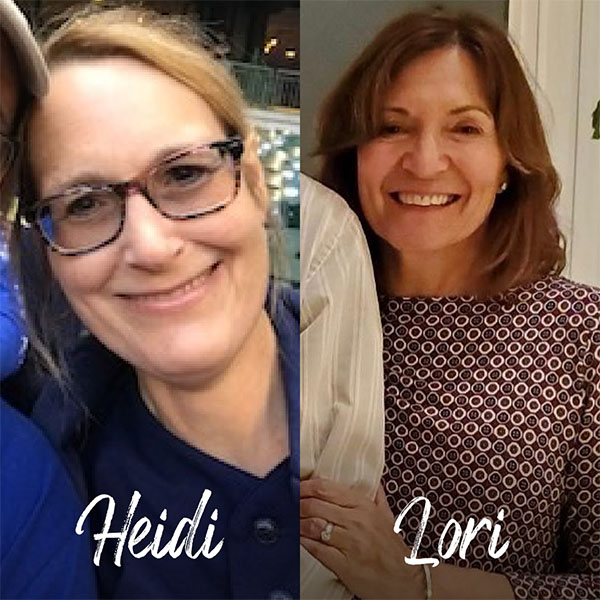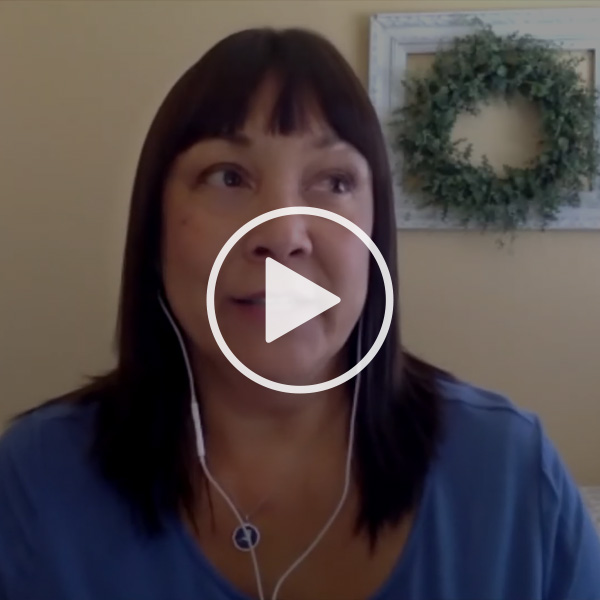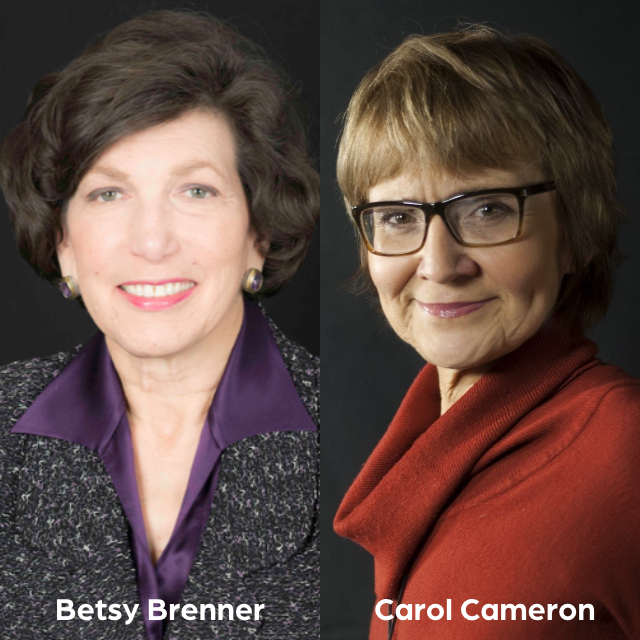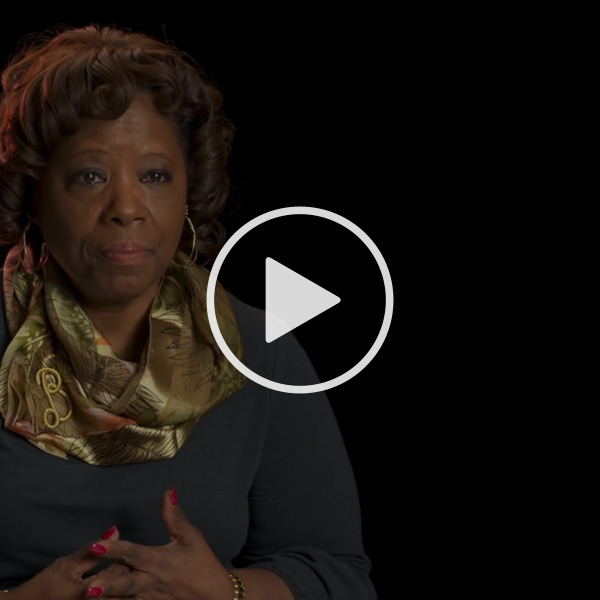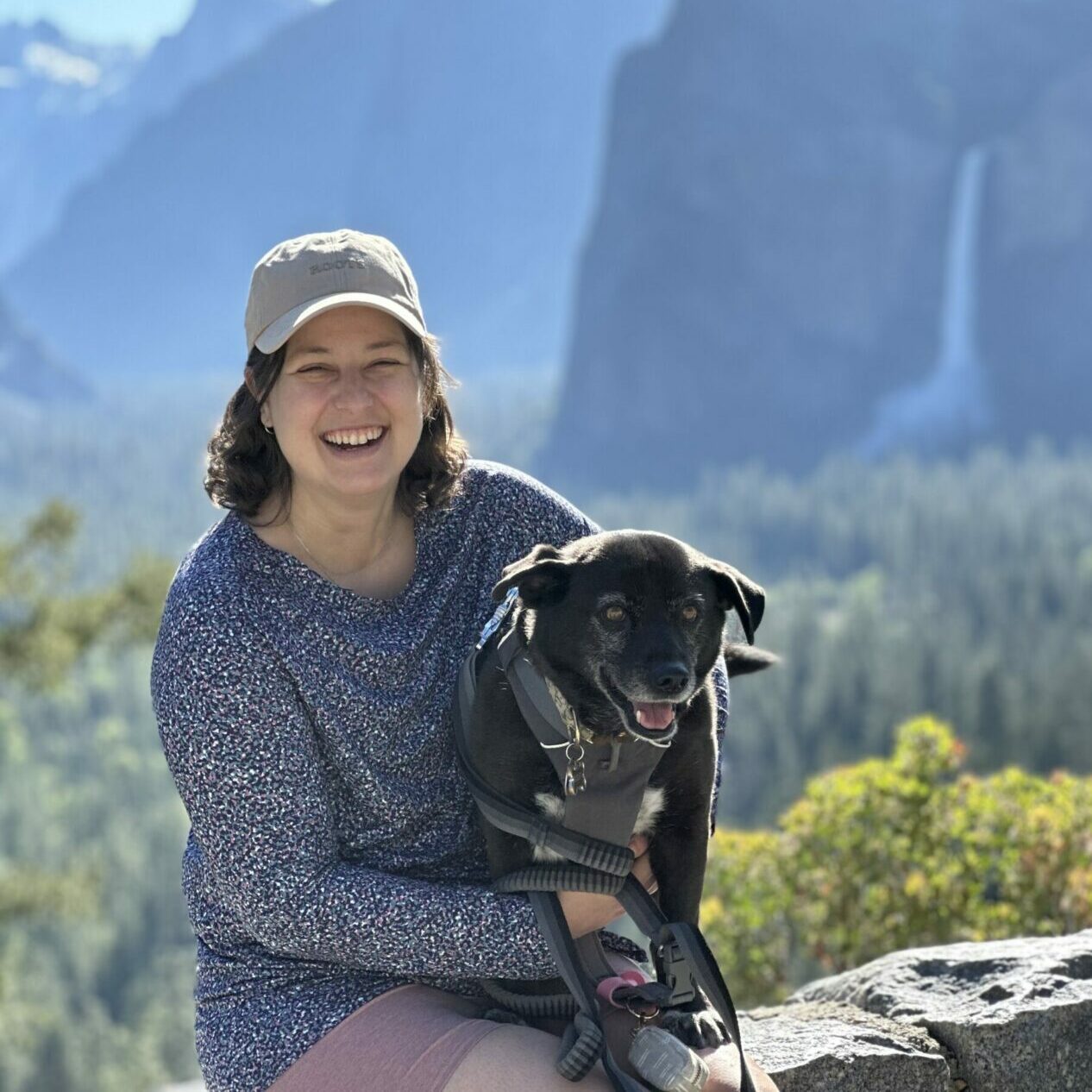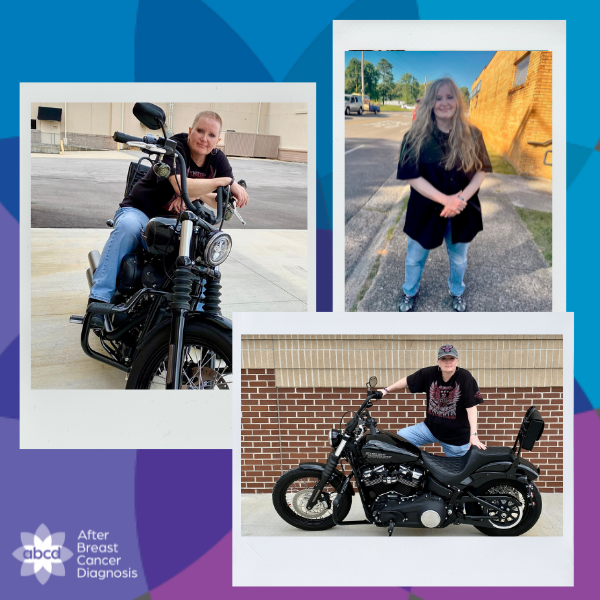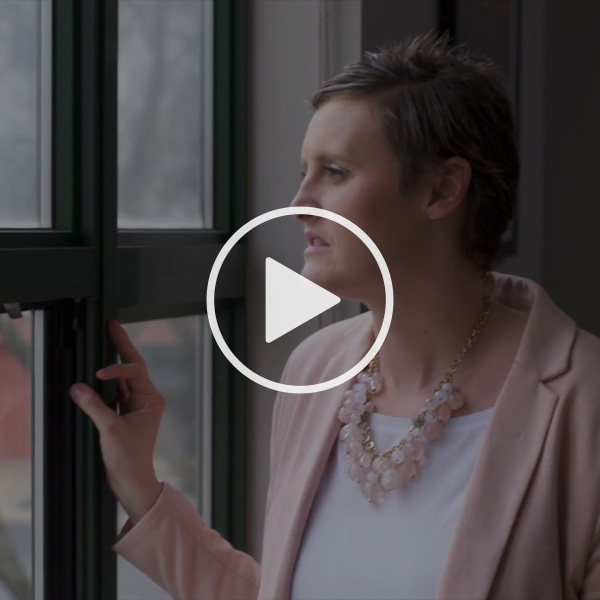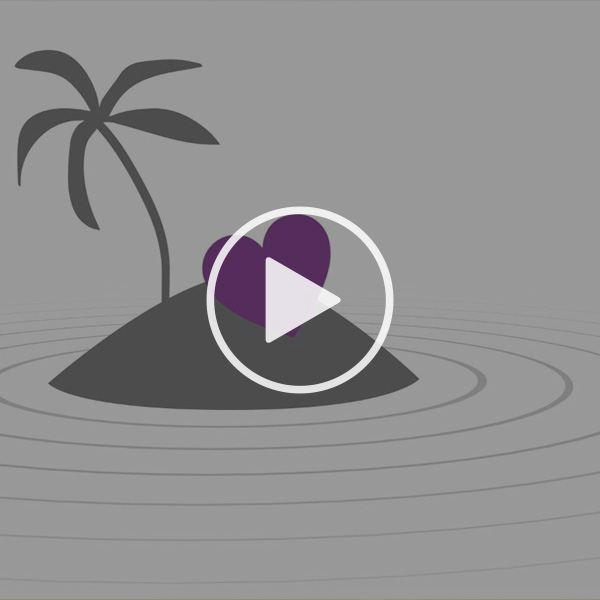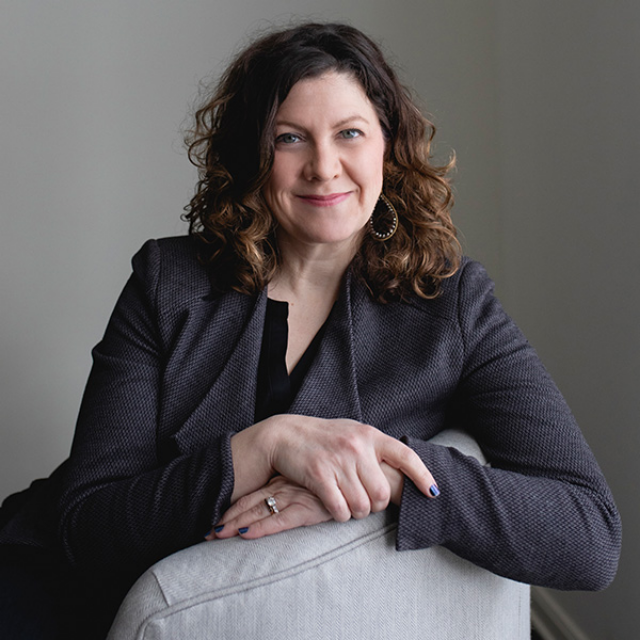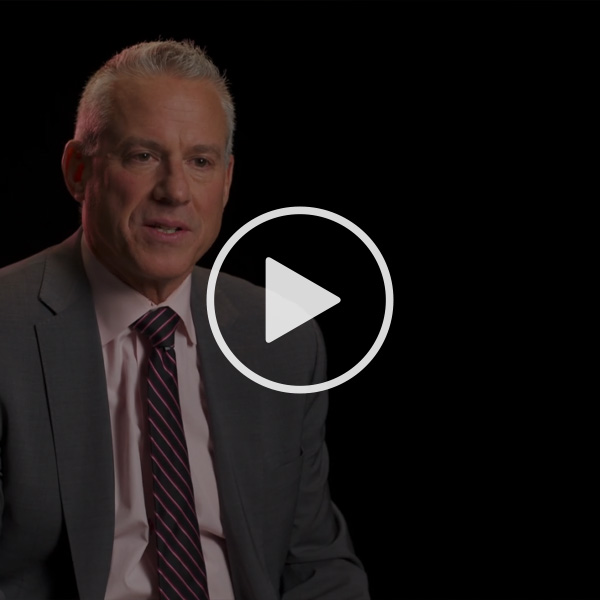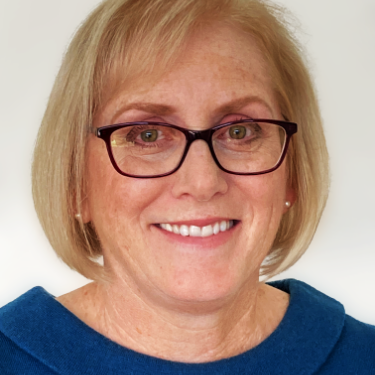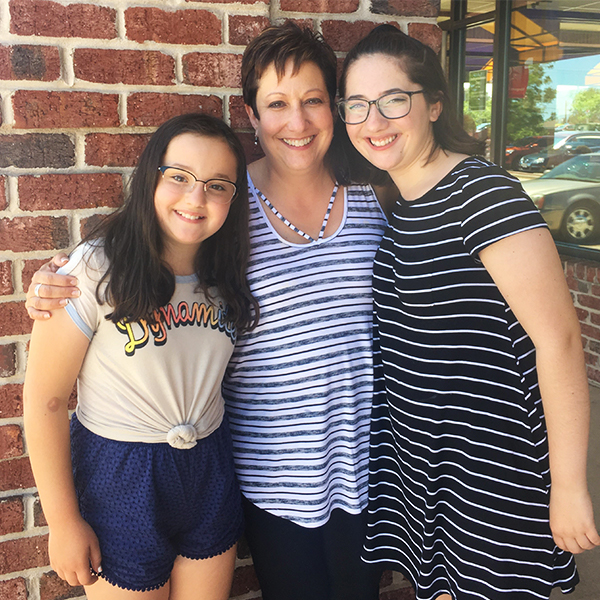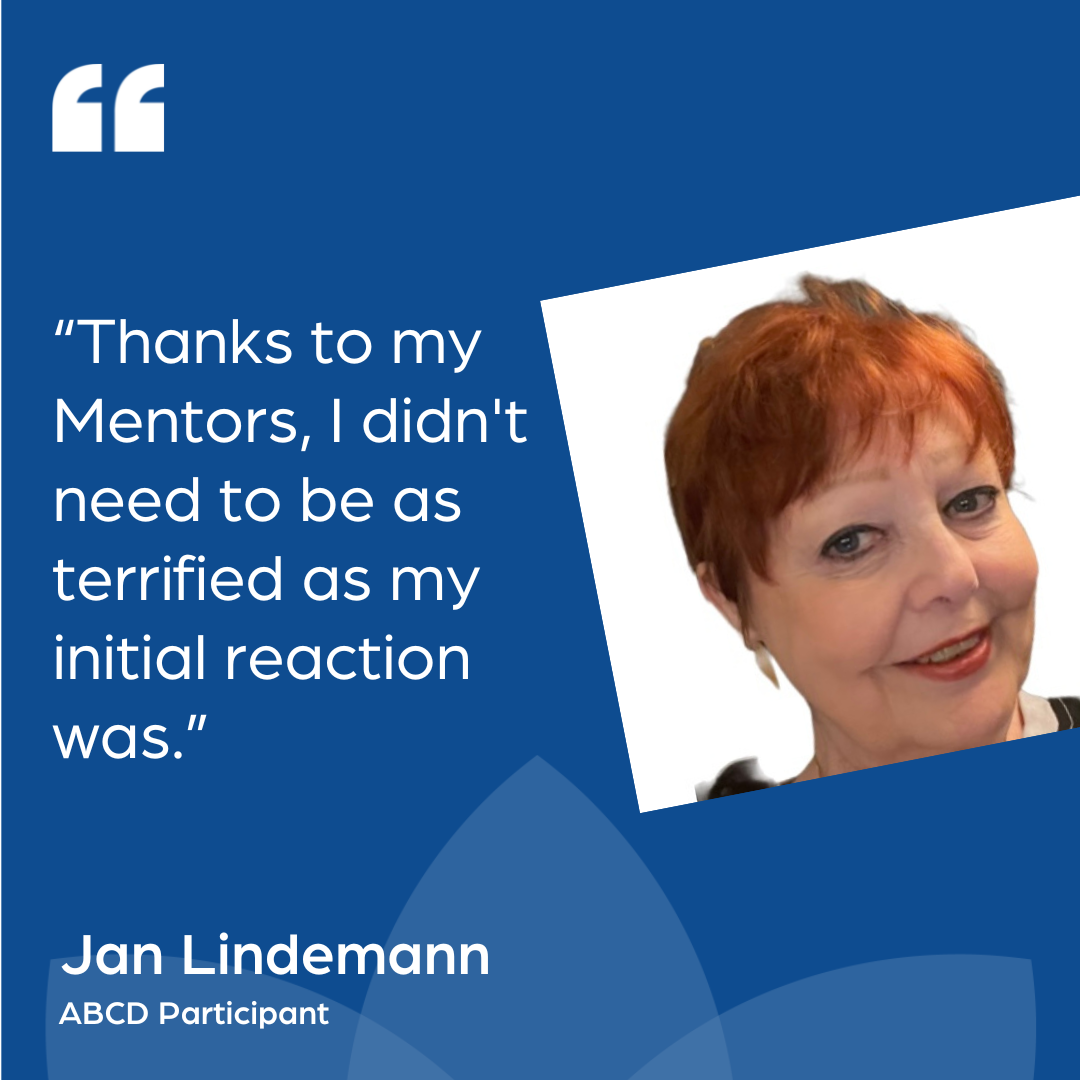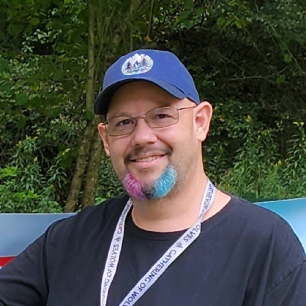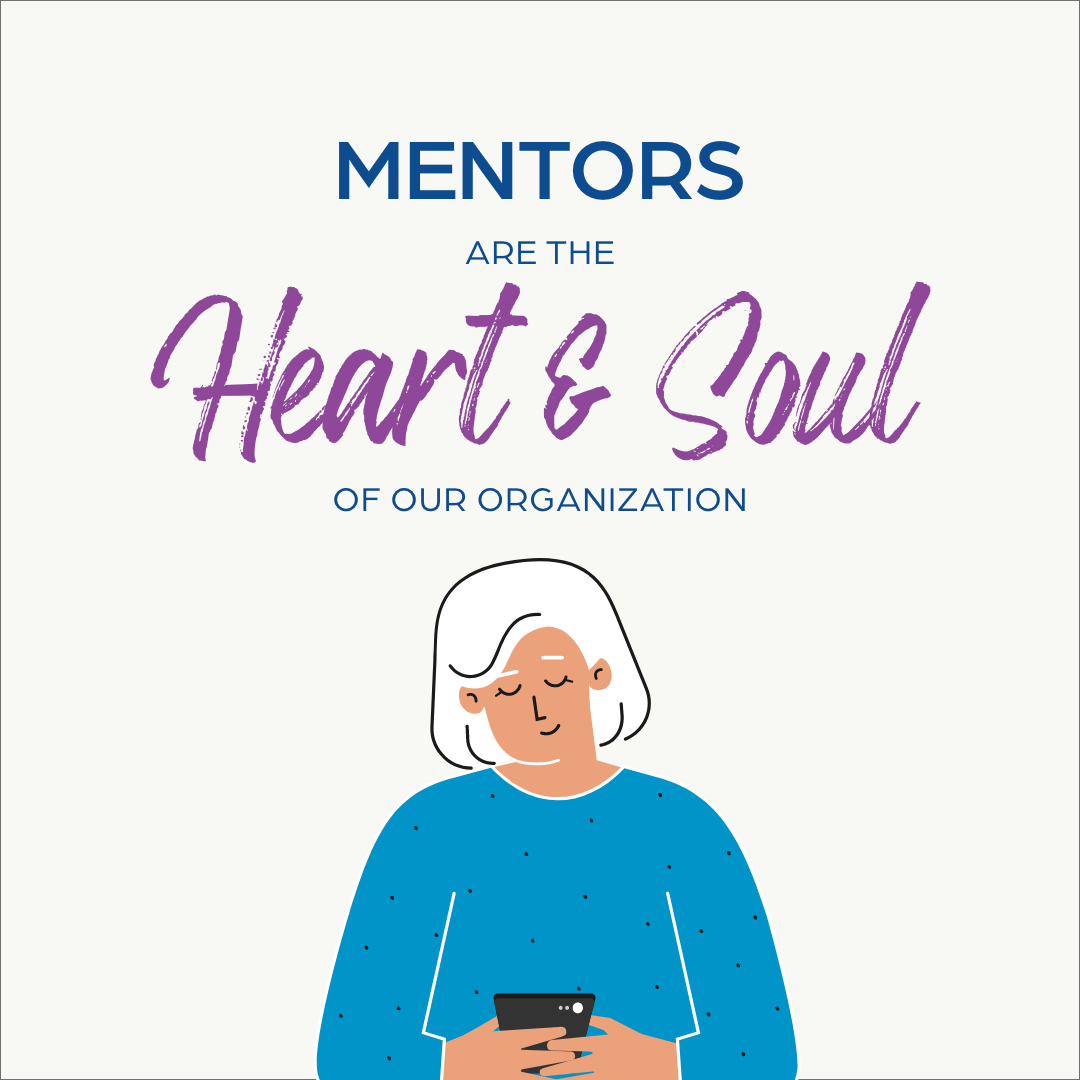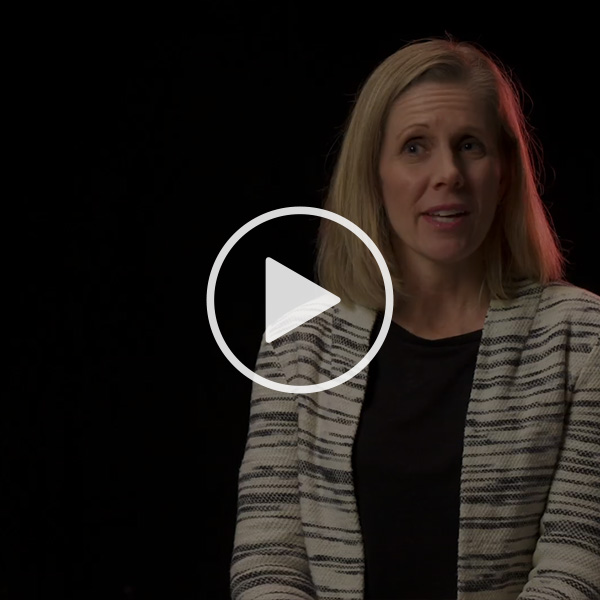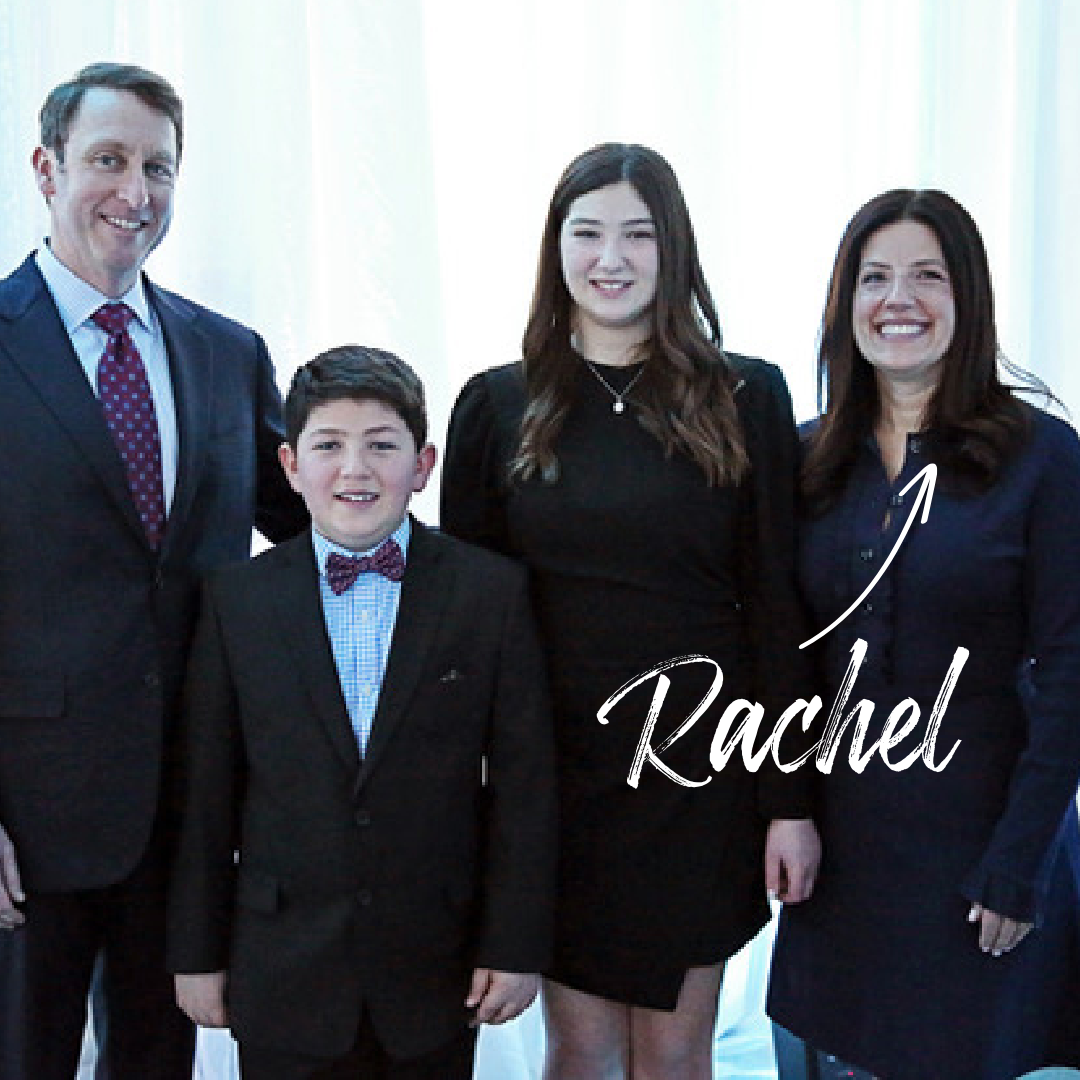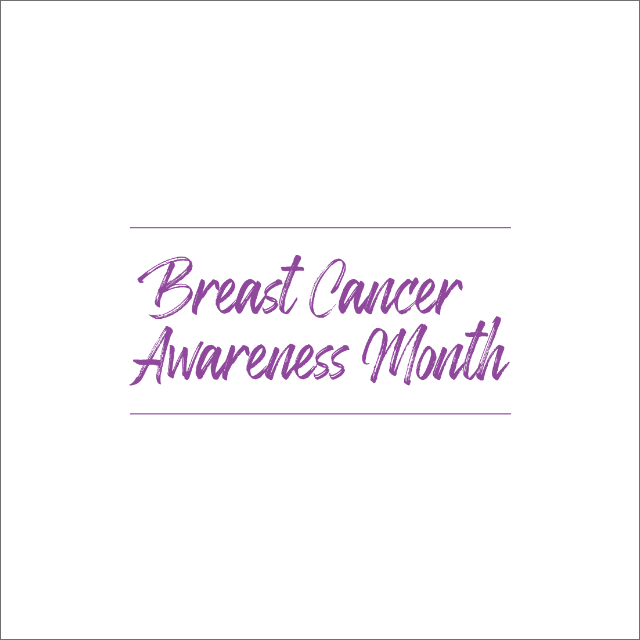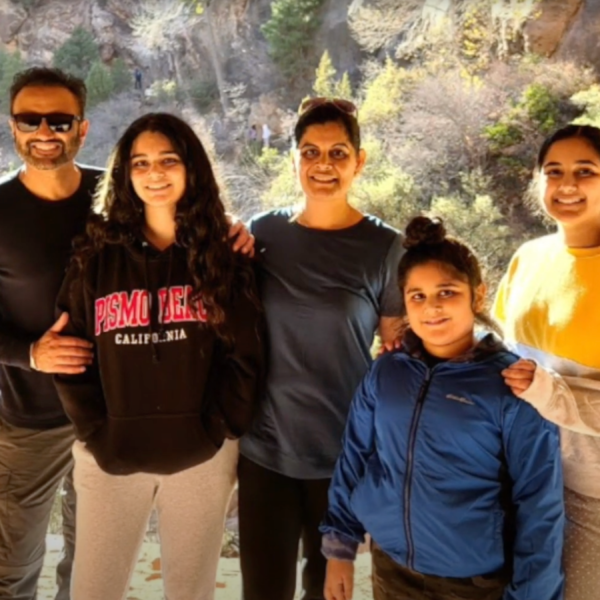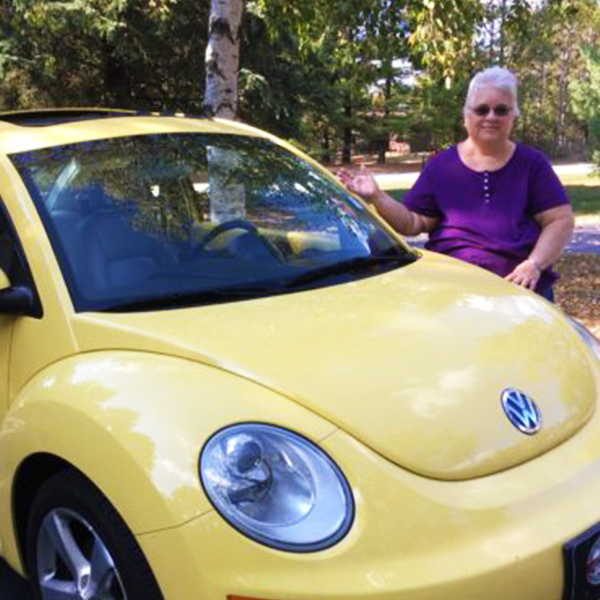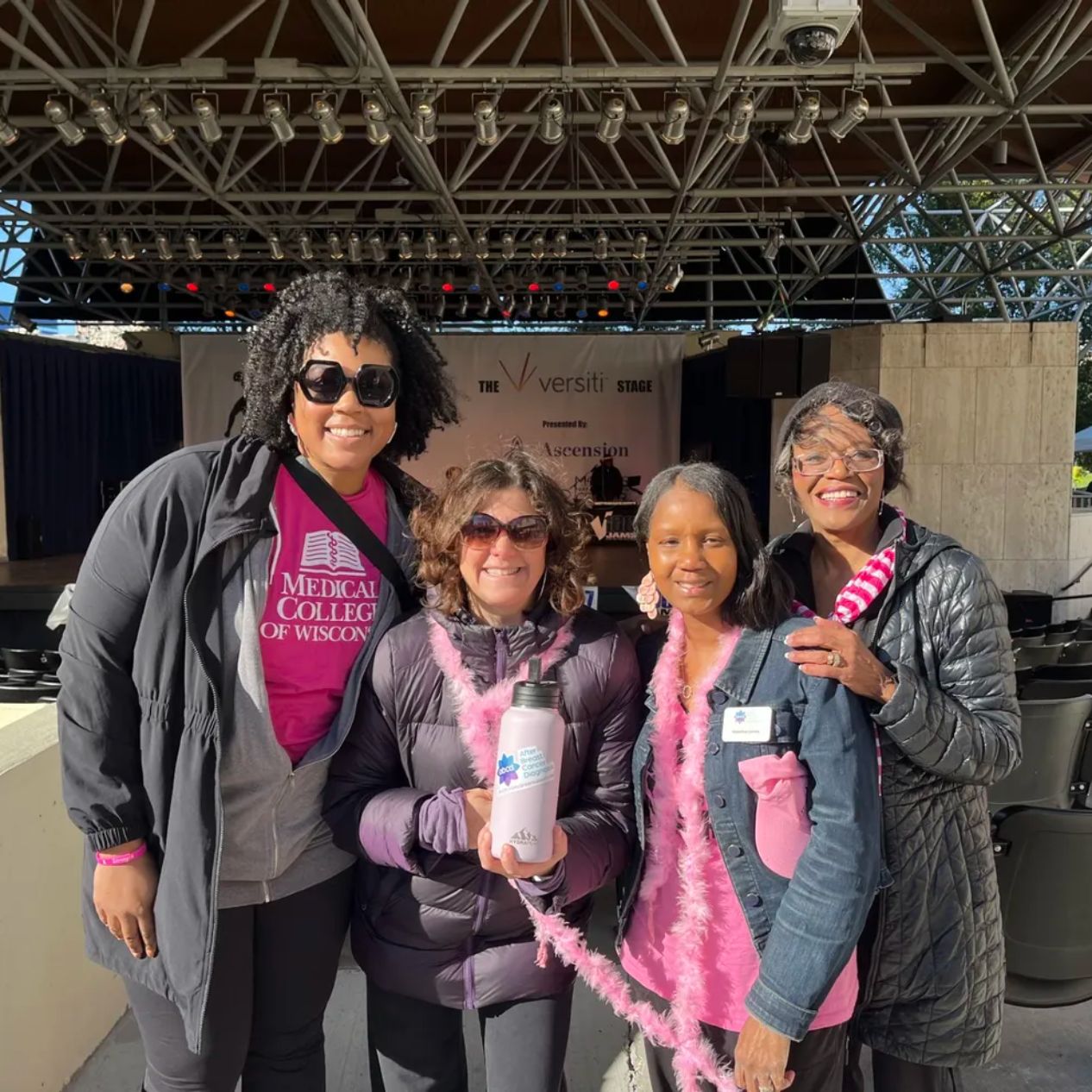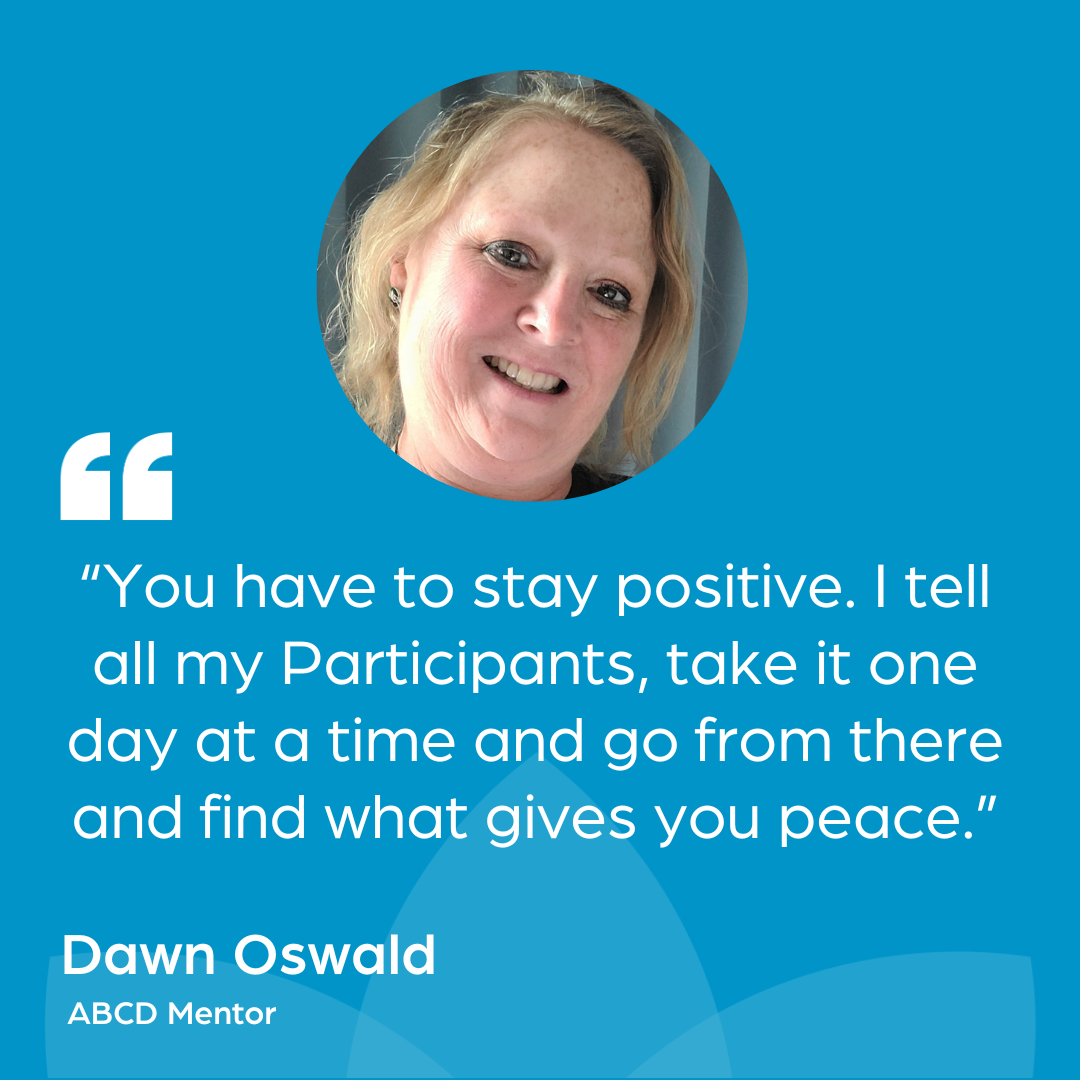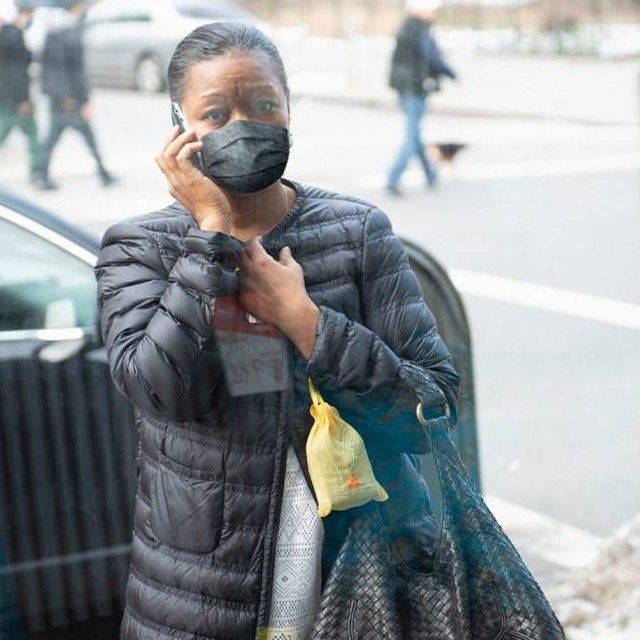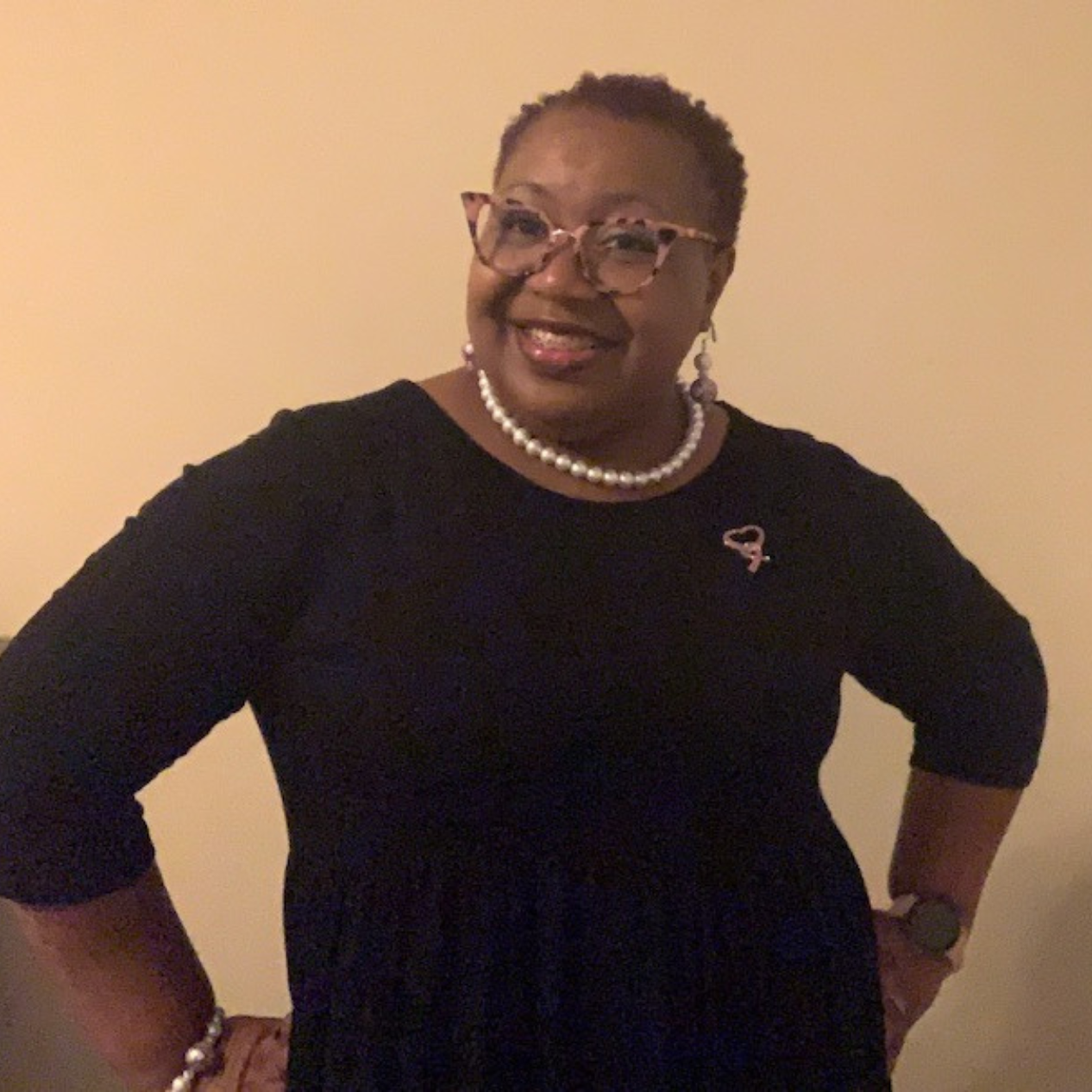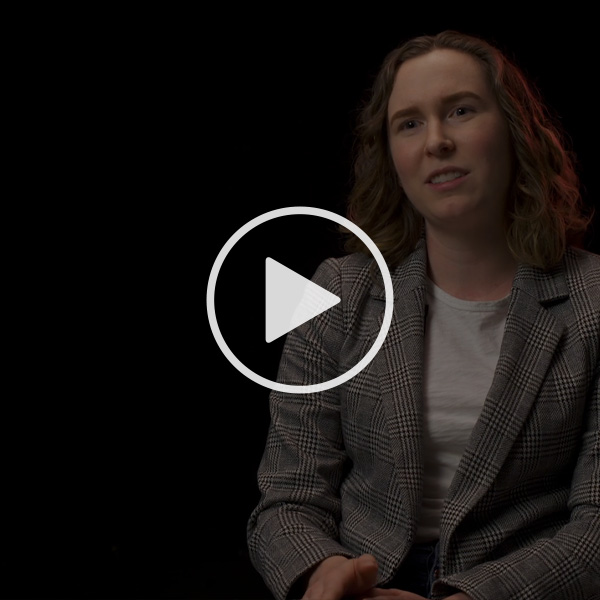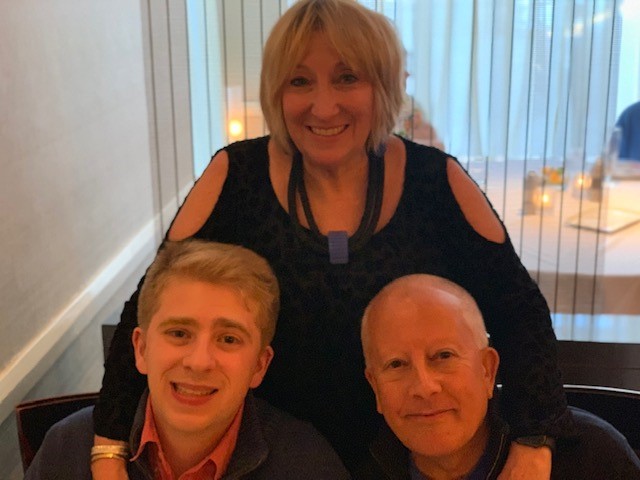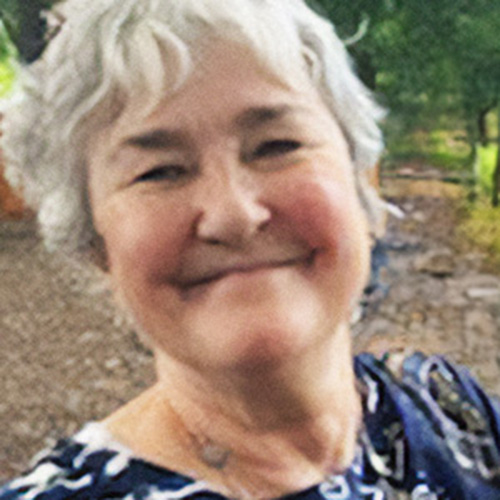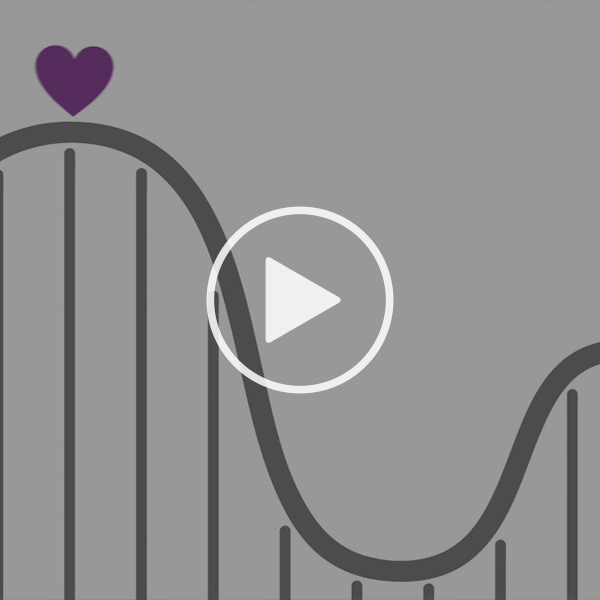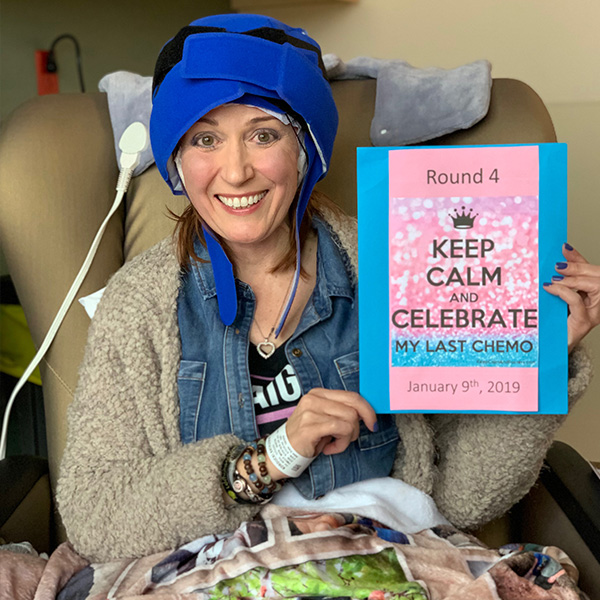
Kathy Korducki: Cold Capping Offers a Choice When Patients Feel Powerless
February 22, 2021
One of the most fearful aspects of a breast cancer diagnosis is the loss of control patients feel. For ABCD: After Breast Cancer Diagnosis Mentor Kathy Korducki, who was diagnosed with invasive ductal carcinoma (IDC) in 2018, the thought of losing her hair due to chemotherapy was worse than facing invasive surgery.
Warming up to cold capping
Although Kathy had heard about cold capping – a scalp cooling system that can help some patients to retain some hair during chemotherapy – she didn’t think it was right for her at first. Her oncologist hadn’t promoted it as an option, and Kathy worried she wouldn’t be able to tolerate wearing the caps for hours at a time.
But after doing more research and speaking with her family, Kathy changed her mind. “I decided to cold cap to give me a distraction from chemo and something else to talk about,” she explains. Another benefit was that family and friends could help with the caps, contributing positively to Kathy’s care.
Not all oncologists are supportive of cold capping, but Kathy’s doctor agreed to let her try it, provided she managed the process herself. While some hospitals and clinics have machines to keep caps chilled to the proper temperature, Kathy’s clinic did not offer this option. Instead, she rented caps for her infusion sessions and brought her own cooler filled with dry ice. To ensure the caps stayed cold, Kathy switched to a new cap every 25 minutes during infusions. On chemotherapy days, she wore the caps before, during, and after her sessions.
Getting help and paying it forward
Kathy was matched with an ABCD Mentor during treatment and also received excellent support from family and friends. “I had so many people that helped me,” she says. This experience motivated her to give back and become a Mentor after finishing chemotherapy.
In 2020, Kathy completed ABCD’s Mentor training, which was delivered virtually due to the novel coronavirus pandemic. She has since mentored several breast cancer patients.
“What you’re looking for when you’re going through that is just reassurance that you’re not alone,” Kathy says. Speaking to the emotional investment of being a Mentor, she notes, “It is a little bit of a balancing act, because you have to be in a good spot in order to do that.”
Why having a choice matters
Cold capping enabled Kathy to keep most of her hair during chemotherapy, but she had to follow strict rules. “In between chemo sessions I had to wash my hair in cold water only two times a week, comb only once a day, and use special shampoo. I could not use heat or hot blow dryers, or get my hair cut or colored,” she recalls. About six months after her last treatment, Kathy was able to resume her normal hair care routine.
For Kathy, keeping her hair during chemotherapy was empowering because it meant the outward effects of her cancer were not noticeable to others. Having this privacy is a key benefit of cold capping, Kathy says, especially for patients who are well-known in a community and prefer to keep their treatment confidential.
Kathy emphasizes that cold capping isn’t for everyone, and that’s okay. What matters most to her is helping other patients understand the option exists. Even though cold capping has been available for decades, there’s limited awareness about it in the cancer community, Kathy says. She wants that to change. “I just think it’s important for women to know they have that choice,” she says.
For more information about cold capping, visit The Rapunzel Project.
— by Gina Rich, ABCD Board Member
